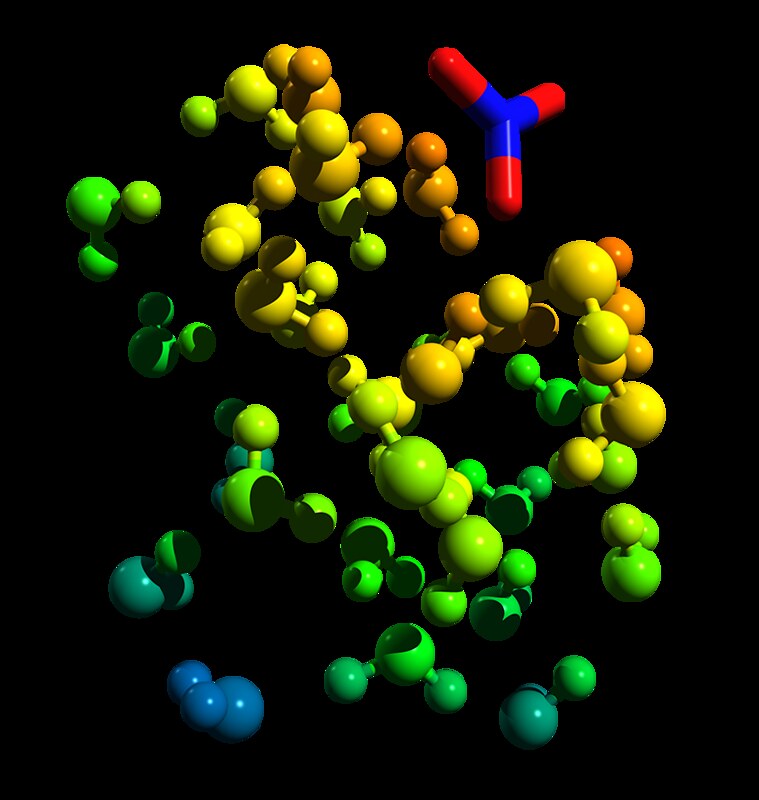The Rise of Quantum Chemistry: Applications and Innovations

About Course
The field of quantum chemistry is rapidly advancing and transforming industries across the globe. From computational drug discovery to materials science, the applications of quantum chemistry are vast and revolutionary. In this course, you will explore the principles of quantum mechanics and their profound influence on chemistry. The rise of quantum chemistry offers unprecedented opportunities in understanding the behavior of atoms and molecules, which are key to solving some of the most pressing challenges in energy, health, and the environment. As quantum technologies evolve, so do the tools and methods of quantum chemistry, offering more accurate models, simulations, and predictions. Whether you’re looking to dive into cutting-edge research or apply quantum chemistry to real-world challenges, this course will provide you with the foundational knowledge and the latest innovations in the field.
Quantum chemistry is at the intersection of science and technology, offering pathways to novel materials, sustainable energy solutions, and groundbreaking medical discoveries. This course will guide you through its applications, such as drug design, nanotechnology, and the modeling of complex biological systems. You’ll also learn how quantum computing and machine learning are pushing the boundaries of this field, revolutionizing the way we approach chemical problems. With hands-on case studies and insights into future developments, this course prepares you to be part of the next wave of scientific innovation in quantum chemistry.
Course Content
Introduction
Definition of quantum chemistry
00:00Brief history of quantum chemistry
00:00Importance of quantum chemistry in various fields
00:00